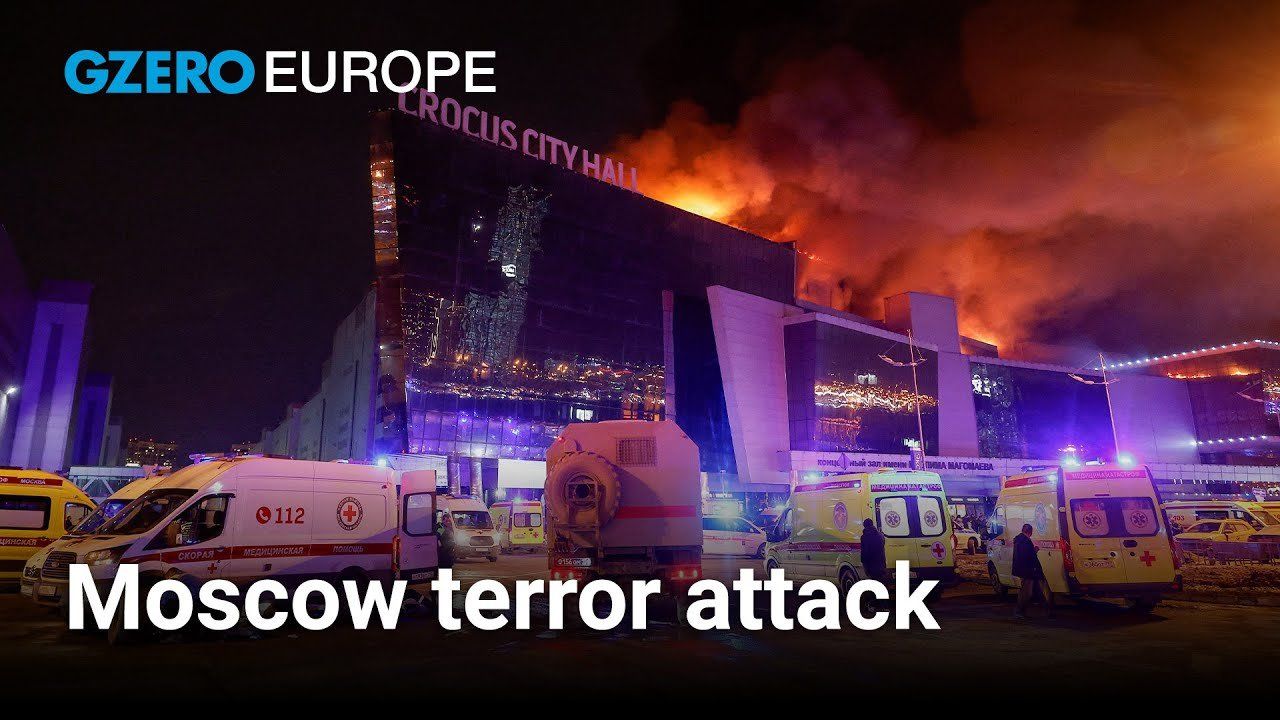GZERO Europe
Moscow terror attack: What happens next?

Moscow terror attack: What next? | Carl Bildt | Europe In :60

Carl Bildt, former prime minister of Sweden, shares his perspective on European politics from Stockholm.
What's going to happen after the horrible terrorist attack in Moscow?
Well, obviously, the Russian authorities have great difficulties with it. The US gave advance warning that something could happen in Moscow. It was repeated by several other embassies. That was publicly dismissed by Putin. And, of course, Putin is saying that all of the danger that is there is Ukraine and the West. Nothing else. He has everything under control. And then suddenly, well over 100 people dead. And evidently the security authorities responding fairly slowly. So he has now to adjust his narrative.
He is trying to say that there were some Ukraine connection to this, they were heading to Ukraine. True or not true? Unlikely to be true. But the question is, of course, what will be the reaction? Does he feel the need to further intensify the attacks against Ukraine in order to try to step up as a response to the Ukrainian attacks against his refinery capabilities, which has been going on for the past few weeks? We simply don't know. No one knows. What we know is that it's emotional, it’s unpredictable, it is dangerous.People in support of former South Korean President Yoon Suk Yeol rally near Seoul Central District Court in Seoul on Feb. 19, 2026. The court sentenced him to life imprisonment the same day for leading an insurrection with his short-lived declaration of martial law in December 2024.
65: The age of former South Korean President Yoon Suk Yeol, who was sentenced to life in prison on Thursday after being found guilty of plotting an insurrection when he declared martial law in 2024.
In an era when geopolitics can feel overwhelming and remote, sometimes the best messengers are made of felt and foam.
The Hungarian election is off to the races, and nationalist Prime Minister Viktor Orbán is facing his most serious challenger in 16 years.
Does skepticism rule the day in politics? Public opinion data collected as part of the Munich Security Conference’s annual report found that large shares of respondents in G7 and several BRICS countries believed their governments’ policies would leave future generations worse off.